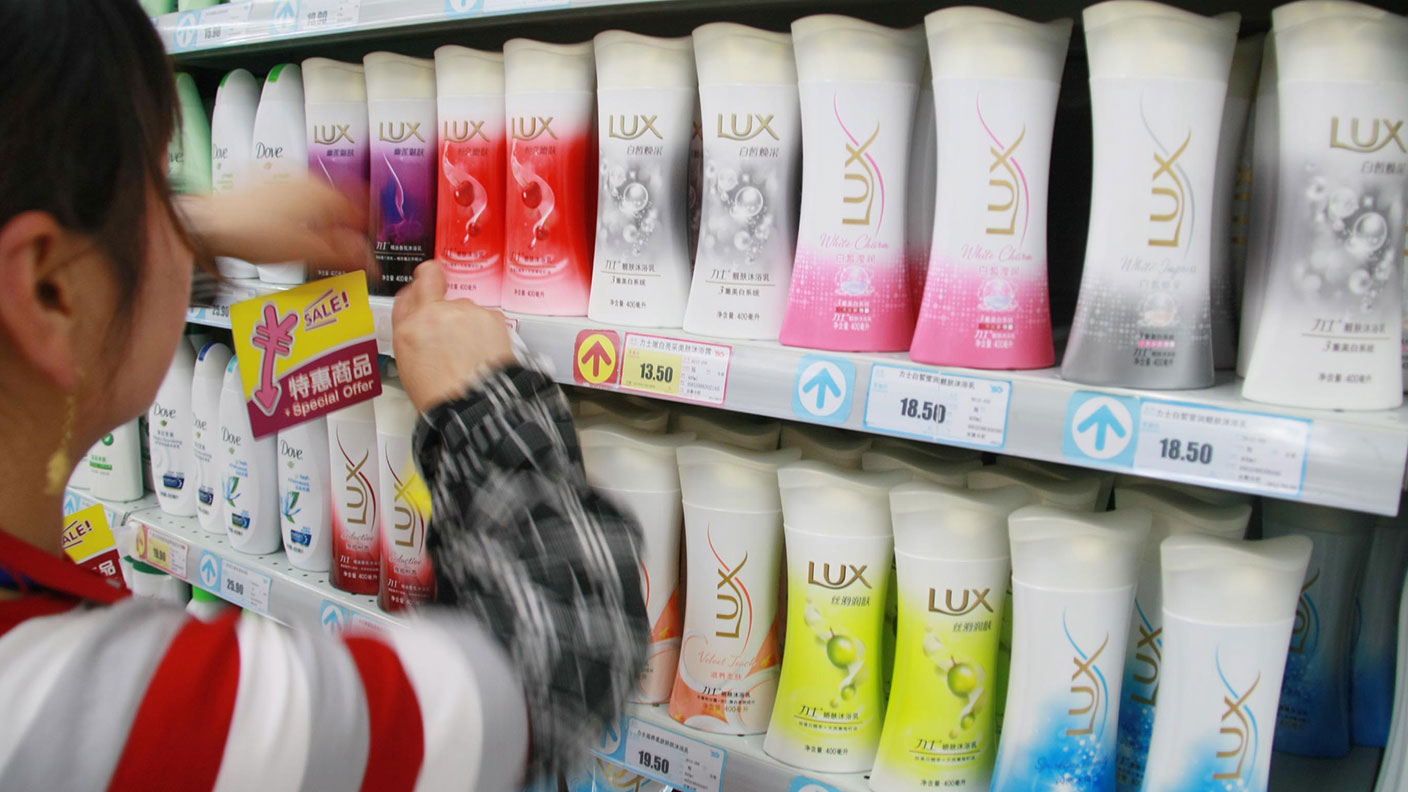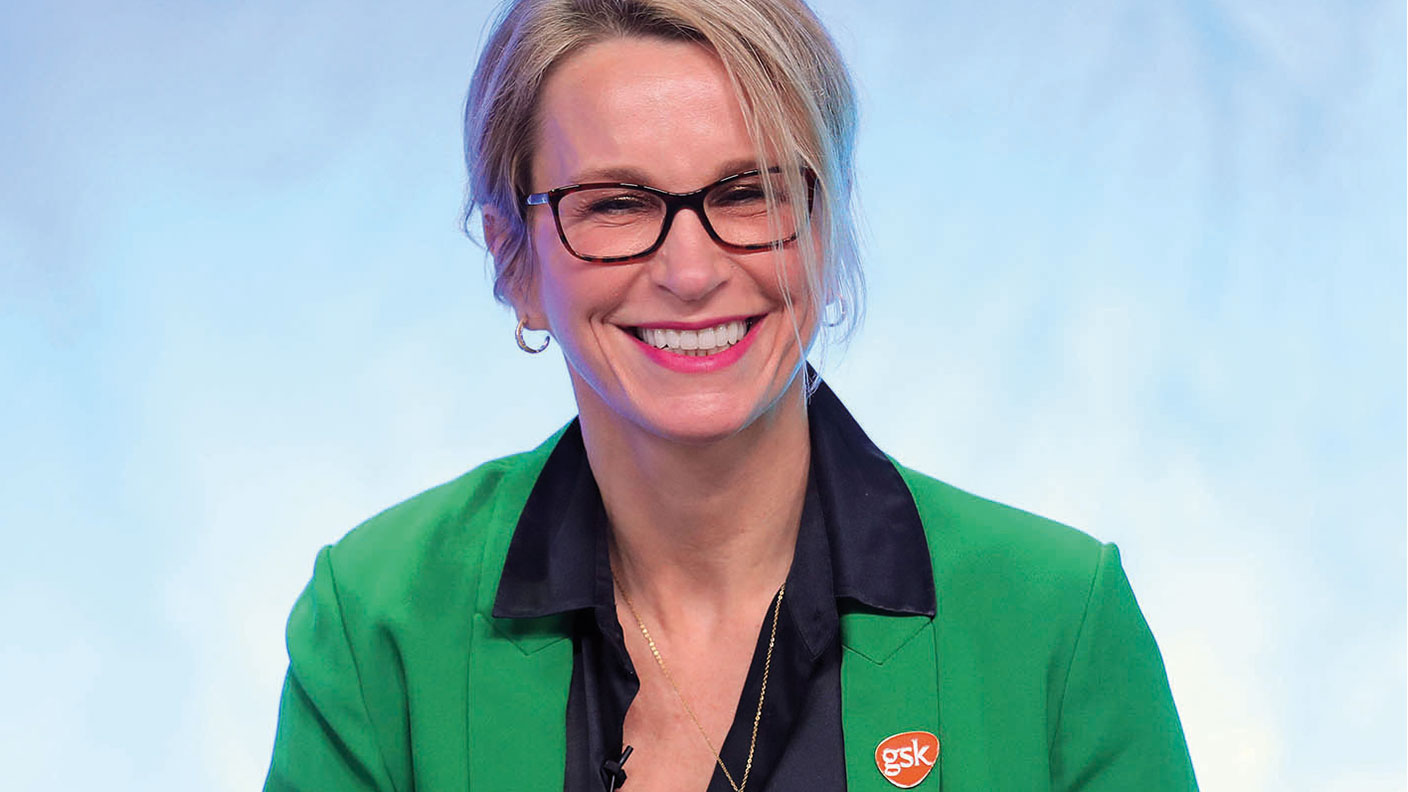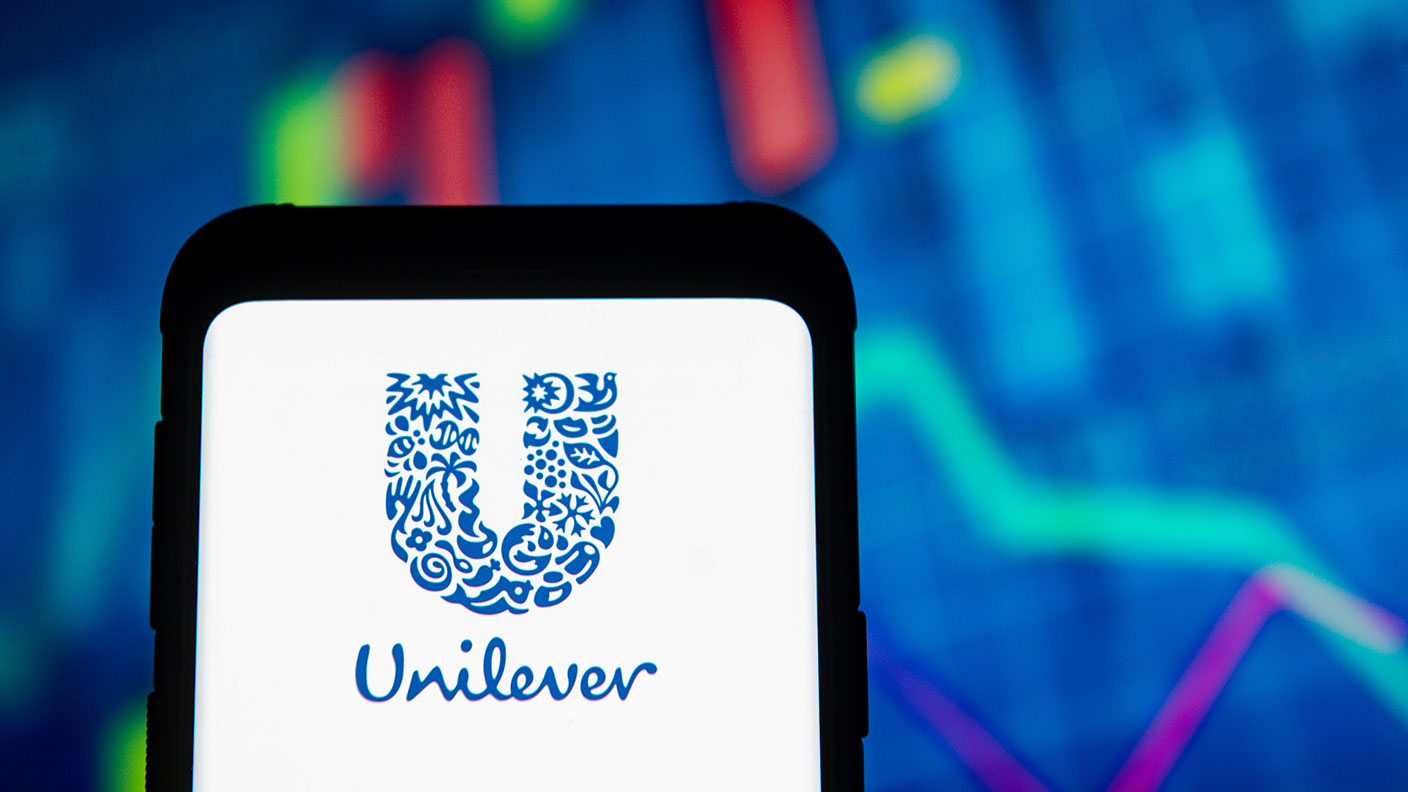Unilever puts the U in U-turn
The Anglo-Dutch consumer-products giant irritated shareholders with plans to redomicile in Rotterdam. Now it has beaten a retreat. Marina Gerner reports.
Get the latest financial news, insights and expert analysis from our award-winning MoneyWeek team, to help you understand what really matters when it comes to your finances.
You are now subscribed
Your newsletter sign-up was successful
Want to add more newsletters?

Twice daily
MoneyWeek
Get the latest financial news, insights and expert analysis from our award-winning MoneyWeek team, to help you understand what really matters when it comes to your finances.

Four times a week
Look After My Bills
Sign up to our free money-saving newsletter, filled with the latest news and expert advice to help you find the best tips and deals for managing your bills. Start saving today!

Unilever's failed plan to shift its headquarters to Rotterdam is reminiscent of Britain's Brexit referendum, says Peter Thal Larson on Breakingviews. Just like the UK government, the consumer products giant whose brands include PG Tips, Marmite and Domestos was "surprised by the force of the opposition and failed to make a compelling case".
The plan followed a business review sparked by last year's failed $143bn takeover approach from Kraft Heinz, says Reuters. The supposed aim of ending the dual-listed Anglo-Dutch structure was to make the group more efficient and nimble. But there was strong opposition from UK-based investment funds and retail investors, who represent the majority of shareholders.
And no wonder, says Lex in the Financial Times. A move to Rotterdam would have meant leaving the FTSE 100. And British fund managers and index-tracking firms, confronted with a blue-chip index "already half-weighted with volatile resource stocks and struggling financials, did not want to lose one of its bedrocks". A global consumer products group with exposure to fast-growing emerging Asia and a yield of 3% is a core holding.
MoneyWeek
Subscribe to MoneyWeek today and get your first six magazine issues absolutely FREE

Sign up to Money Morning
Don't miss the latest investment and personal finances news, market analysis, plus money-saving tips with our free twice-daily newsletter
Don't miss the latest investment and personal finances news, market analysis, plus money-saving tips with our free twice-daily newsletter
Who's to blame?
The behemoth's "faceplant" exposes CEO Paul Polman's "excessive influence over the board", writes Oliver Shah in The Sunday Times. As a "soap salesman with a messiah complex", he has tended to use Unilever as a platform "to preach about climate change and hobnob with world leaders, while delivering middling financial performance". Meanwhile, "any chairman worth their salt would have read the mood far earlier and advised the chief executive accordingly". But Marijn Dekkers appeared "out of touch with City sentiment", or too bedazzled by the "cult of Polman".
Unilever has insisted that shareholders supported the idea of combining its dual-share quotation in Rotterdam to simplify the structure, says Ben Marlow in the Daily Telegraph. But even if that had been the case, "why dismantle an arrangement that has been in place for 90 years, managing even to survive the Second World War?" Besides, the available evidence refutes Unilever's insistence that Dutch-listed stocks trade at a premium.
And "there were undoubtedly other motives", adds Marlow. The company was shaken when Kraft Heinz made its hostile bid. "Unilever naively thought it was so big and illustrious that it was untouchable." In Holland, authorities are much more inclined to protect local champions from foreign takeovers. The Dutch government also facilitated the shift to a single corporate entity with tax breaks.
The "Dutch double act" of Polman and Dekkers must now face the consequences of this fiasco. Polman is already on his way out, so he probably won't "hang around", but it now makes little sense for Dekkers to lead the search for his successor.
Weight Watchers takes a weight off
Weight Watchers has shortened its name to WW in an attempt to distance itself from the idea of "weight". This comes after the company's 55-year history of focusing on weight loss. US entrepreneur Jean Nidetch, who founded the company, famously described herself as a "formerly fat housewife", says the BBC.
"Everyone is talking about wellness, and to a degree people don't want to use the word diet' because they think it's a more short-term, punitive kind of issue, and that's not what we are," according to Mindy Grossman, WW's chief executive. WW's decision to shift away from the word "weight" was similar to Kentucky Fried Chicken moving to "KFC" in 1991 to keep itself from screaming "fried" while "keeping that heritage", Beth Egan of Syracuse University told the Washington Post.
But will it work? Weight Watchers "built its business around fat-shaming", says ErikaNicole Kendall on NBCnews.com, so this rebranding may not do much to overturn a reputation acquired over several decades.
The name change doesn't really matter, according to Lex in the Financial Times. "Extras such as meditation and organic products" aren't strictly necessary for the group to reach its goal of five million members and $2bn in sales by2020.
People will always try to lose weight and the business model is "robust" because customers have a reason to come back. "Poundage lost in the first year of membership rarely stays off completely." Whatever the group is called, history shows investors can count on that.
City talk
JPMorgan is making new investment bankers and asset managers take mandatory coding lessons. It's "a sign of Wall Street's heightened need for technology skills", says Laura Noonan in the Financial Times. All 300 analysts joining JPMorgan's asset management division this year have been through the new pilot scheme. The company spends $10.8bn a year on technology, more than any other Wall Street group.
Aviva has ditched Mark Wilson after almost six years, citing a need for new leadership.When he was hired, "Aviva was on the critical list", says Jim Armitage in the Evening Standard. He managed to turn the group around by slashing the payout and gaining five million new customers through the acquisition of Friends Life. But having steadied the ship, he needed to boost growth by squeezing more income from customers. This entails cross-selling and product innovation, and investors have started to worry recently that "Wilson may not be the man to do this nitty-gritty kind of stuff". His"presidential bearing" hasn't exactly helped matters either.
What is Brussels playing at?, asks Nils Pratley in the Guardian. The Bank of England has warned that the EU has made scant progress on cross-border derivatives. Financial derivatives contracts worth £69trn, including interest-rate and currency swaps, keep money flowing across borders. "To avoid mayhem next March, this stuff has to continue to work." The UK is legislating to let British businesses use EU clearers after Brexit, but the EU isn't reciprocating. Is the Commission "playing games to drive financial business out of London?"
Get the latest financial news, insights and expert analysis from our award-winning MoneyWeek team, to help you understand what really matters when it comes to your finances.
Marina Gerner is an award-winning journalist and columnist who has written for the Financial Times, the Times Literary Supplement, the Economist, The Guardian and Standpoint magazine in the UK; the New York Observer in the US; and die Bild and Frankfurter Rundschau in Germany.
Marina is also an adjunct professor at the NYU Stern School of Business at their London campus, and has a PhD from the London School of Economics.
Her first book, The Vagina Business, deals with the potential of “femtech” to transform women’s lives, and will be published by Icon Books in September 2024.
Marina is trilingual and lives in London.
-
 Should you buy an active ETF?
Should you buy an active ETF?ETFs are often mischaracterised as passive products, but they can be a convenient way to add active management to your portfolio
-
 Power up your pension before 5 April – easy ways to save before the tax year end
Power up your pension before 5 April – easy ways to save before the tax year endWith the end of the tax year looming, pension savers currently have a window to review and maximise what’s going into their retirement funds – we look at how
-
 Inflation is hurting Unilever, but investors shouldn’t give up just yet
Inflation is hurting Unilever, but investors shouldn’t give up just yetAnalysis Consumer goods group Unilever has been underperforming as inflation bites. It's made errors in the past, says Rupert Hargreaves, but with valuable brands and a global reach, it still has plenty going for it.
-
 Why GSK should turn down Unilever’s billions
Why GSK should turn down Unilever’s billionsNews Unilever has offered GSK £50bn for its consumer division. But while the cash will be a temptation, the deal is not in the interests of shareholders or of anyone else, says Matthew Lynn.
-
 Unilever slides and GSK bounces after GSK knocks back £50bn bid
Unilever slides and GSK bounces after GSK knocks back £50bn bidNews Unilever shares fell to their lowest level in around five years, after its £50bn takeover bid for GSK’s consumer health unit was rejected.
-
 Unilever and the erosion of shareholder democracy
Unilever and the erosion of shareholder democracyFeatures The way Unilever went about planning the vote on moving its head office out of the UK wasn’t normal and it wasn’t right, says Merry Somerset Webb.
-
 Unilever leaves Britain
Unilever leaves BritainFeatures Consumer-goods giant Unilever has chosen Rotterdam over London for its unified headquarters. Takeover threats and taxes played a part. Alice Gråhns reports.
-
 Nick Train: the value in Unilever
Nick Train: the value in UnileverFeatures Quality growth companies are still cheap relative to history, thinks fund manager Nick Train.
-
Unilever should snub the “crazy cost-cutters”
Features Unilever could soon dispose of some of its best-known brands in a bid to appease shareholders. But should it listen to them?
-
 Unilever sees off Kraft
Unilever sees off KraftFeatures US food giant Kraft, which swallowed up Britain’s Cadbury in 2010, has failed – for now – to do the same to Unilever. Ben Judge reports.